Tinnitus and Its Causes
Tinnitus and Its Causes Tinnitus or ringing in the ears is an extra-sensory perception of sound. Meaning it's not caused by something in the environment that other people can hear; only you can hear it. According to statistics 1/6 people in North America experience Tinnitus, but what causes it? The ringing, whistling, buzzing, etc. is typically caused by another underlying condition, which we'll discuss shortly. Treatment is then related to the underlying causes as well or the symptoms of the tinnitus. Causes and Risk Factors Causes* *and/or aggravators (some of these can make existing tinnitus worse) Hearing Loss - with damage to the ear from age or noise, we lose the ability to hear certain sounds. Since the brain can no longer receive or interpret those sounds, in some cases it will create its own sound (aka tinnitus) to fill the quiet. This doesn't happen in every case of hearing loss, but they are most common together. Ear infection or wax blockage of the canal - fortunately, this tends to cause temporary tinnitus. As with hearing loss, when the ear is not receiving sound, the brain likes to make it's own. Significant wax or fluid in your ear from an infection can cause this to happen. Head or neck injury - as hearing is partially occurring in our brains, any injury to the head or neck can disrupt the flow of nerve signals in the hearing process. Medications - certain medications are known to be ototoxic, meaning one of the side...



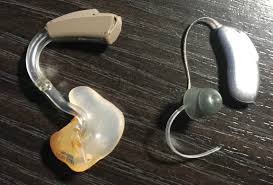
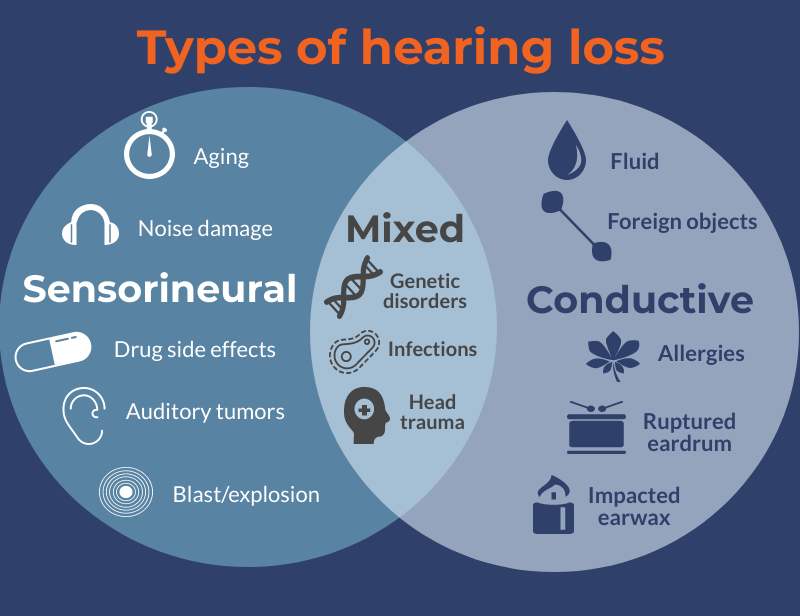

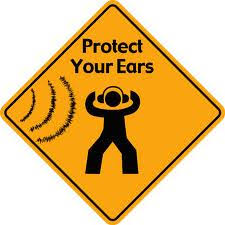
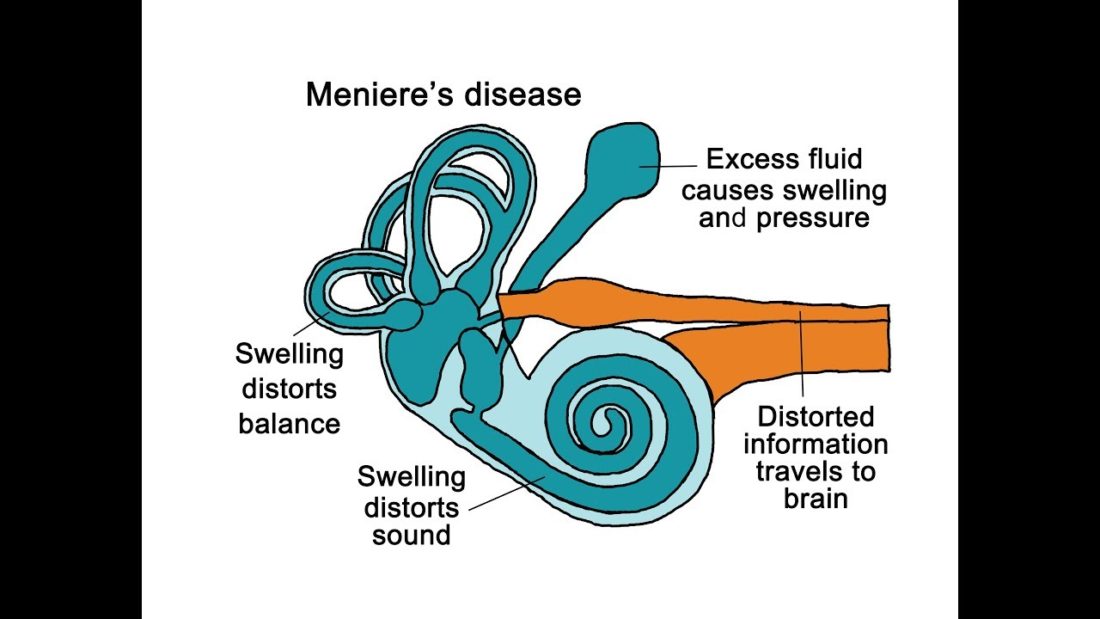

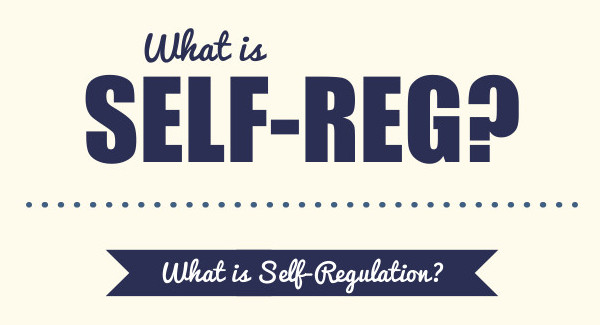
Recent Comments